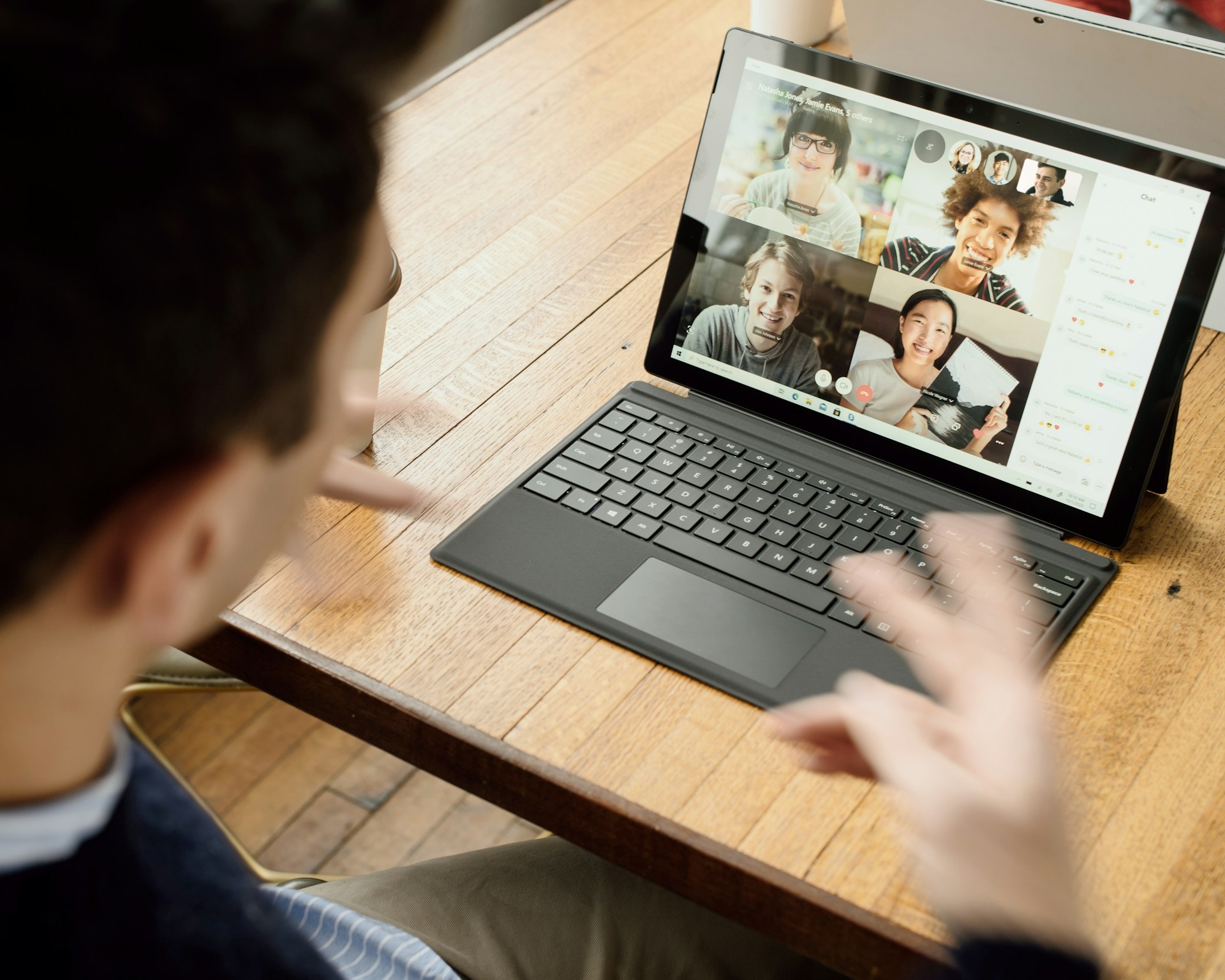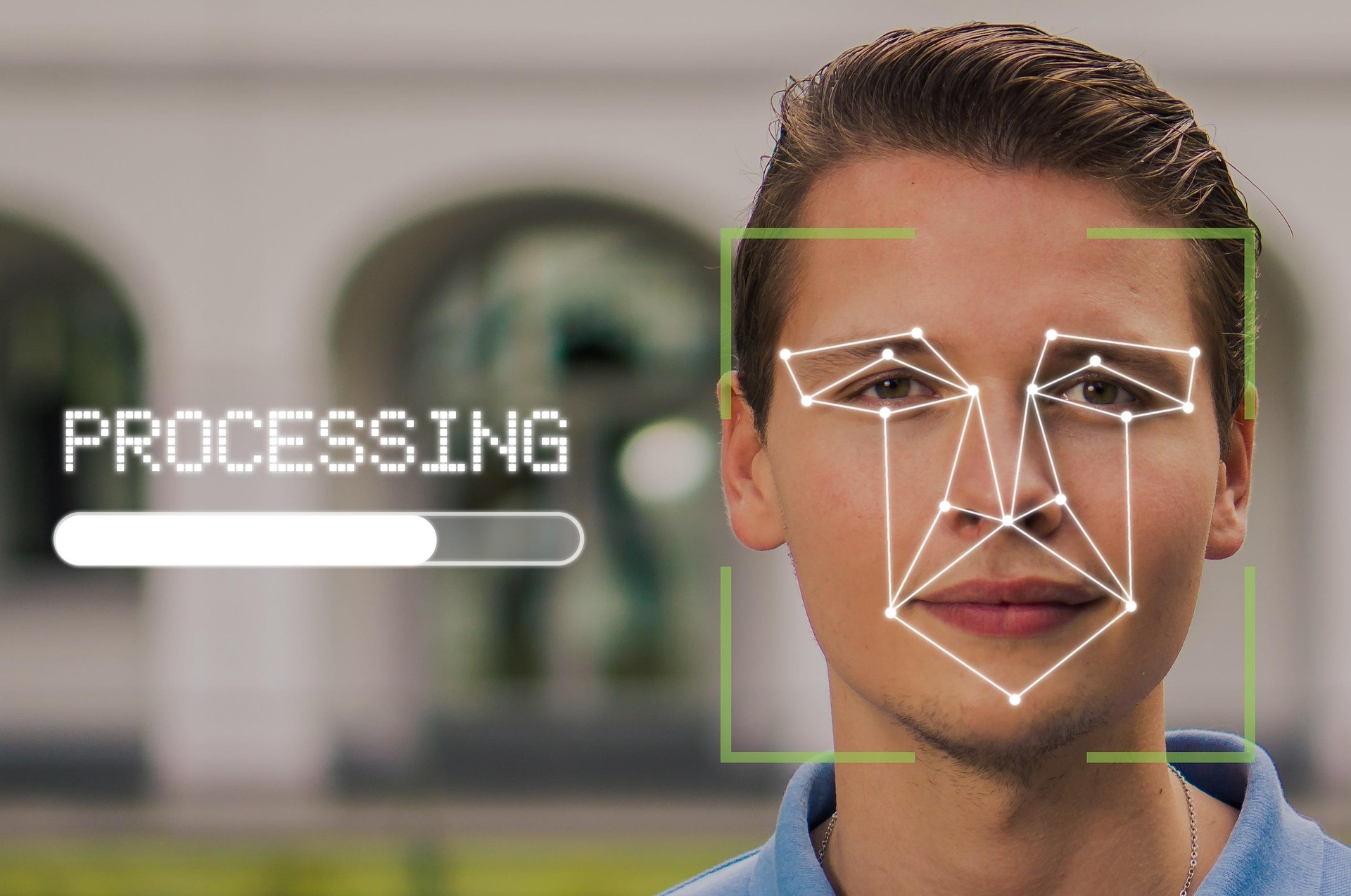
Every activity on your laptop or smartphone uses battery power. And, running a Virtual Private Network or VPN is no exception. A VPN works in the background to encrypt your data and maintain a secure connection. Hence, it adds to the overall energy consumption. This results in faster battery drain. But how much does it drain the battery? Is there anything to care about? Read on to find out.
Experiment on battery consumption with and without a VPN
Below are the devices used to test battery drain when using VPN.
- Lenovo ThinkPad L13 G2 running on Windows 11 Pro
- OneTouch 8T running on OxygenOS version 13.1
- iPhone Xs, running iOS version 16.5.1
All these devices followed the same criteria.
- Charging
- Connected to Surfshark’s server located in Latvia
- Watching a 60-minute YouTube video
- Recharging
- VPN disconnected
- Watching another 60-minute YouTube video
There was no more than a 7% difference in battery drain on these devices. However, modern devices showed better results.
Laptop battery consumption test –
| With VPN connection on | Without a VPN connection | |
| Battery level at start | 100% | 100% |
| Battery level at finish | 61% | 65% |
| Battery consumed | 39% | 35% |
The battery consumption difference is 4%.
Android battery consumption test –
| With VPN connection on | Without a VPN connection | |
| Battery level at start | 100% | 100% |
| Battery level at finish | 96% | 97% |
| Battery consumed | 4% | 3% |
The battery consumption difference is 1%.
iPhone battery consumption test –
Instead of 60 minutes, the iPhone test ran for 73 minutes.
| With VPN connection on | Without a VPN connection | |
| Battery level at start | 96% | 87% |
| Battery level at finish | 72% | 70% |
| Battery consumed | 24% | 17% |
The battery consumption difference is 7%.
Verdict –
As you can see from the above, using a VPN has a less than 10% impact on battery consumption. The devices that played the video consumed a lot of energy. However, the battery drain was not so significant when using a VPN service.
On devices where streaming video without a VPN consumed minimal energy, adding a VPN made little to no noticeable difference in power usage. This suggests that the VPN’s impact on battery life is relatively small.
Why does a VPN cause your battery to drain faster?
When you use a VPN service, it consumes more battery power. This is because a VPN has to perform additional tasks whenever data is received or sent over the internet. Typically, the VPN app –
- Decrypts the data that flows in
- And, encrypts the data that flows out
This is how a VPN works. Without the encryption, a VPN service is nothing more than a proxy. If you want your internet traffic to be encrypted so that your ISP (internet service provider) and hackers dwelling on unsecured Wi-Fi hotspots cannot find you, using a VPN is the best solution.
How to reduce the impact of VPN on battery consumption
There is no way that phone batteries will last forever following a single charge, despite technological advancement. However, you can consider using the tricks below for an improved battery life.
- Use VPN only when needed – Features like split tunneling (known as Bypasser on Surfshark) allow you to route only specific apps or data through the VPN tunnel, while the rest bypasses it entirely. This selective use reduces the workload on your device, helping to conserve battery life. Additionally, simply disconnecting from the VPN when it is not needed can further minimize power consumption.
- Use WireGuard – When it is about conserving battery power, WireGuard is an efficient VPN protocol. Therefore, turn it on if you have not already.
- Use Wi-Fi – Using W-Fi consumes less battery than using mobile data. Make sure to use it more often.
- Consider using a VPN router – If you use Wi-Fi, consider using a Wi-Fi network that manages the VPN connection directly. You will find a router that comes with VPN support. However, this option isn’t always practical, especially if you don’t have access to a portable VPN-enabled router while on the go.
- Get a new battery – If your device is old, the battery is old too. If you can replace it, go ahead.
Why security matters more than battery life
Staying digitally safe is far more important than worrying about a negligible increase in your phone’s battery consumption. Digital security is a necessity when your daily life circles around being online. In that case, a VPN can only save you.
-
Protect your browsing data from prying eyes
Whenever online, your ISP can know your activities. Chances are that they might sell your information to interested parties. If you want your activities to stay hidden, consider using a VPN.
-
Stay safe while using public Wi-Fi networks
You never know if a public Wi-Fi hotspot is compromised. But when you use a VPN, you do not have to worry about it.
-
Maintain your privacy while online
Hackers will use your IP address to track your online activities unless you expose your personal information willingly or log in with your official credentials. However, if you use a reliable VPN service, it will hide your IP address.
Conclusion: VPN is not responsible for battery drain
The truth is, a VPN only uses some amount of your device’s battery power, like other apps running on your device. However, a VPN runs for a specific reason. It secures your online data and gives you complete peace of mind.
FAQ
-
Is it a good idea to keep your VPN on all the time?
It is wise to keep your VPN on all the time. It makes your online behavior private and secure.
-
How much does a VPN impact battery life?
A VPN will likely use about 1% of your device’s battery life per hour. However, it depends on your activities on the device and its age. Additionally, it will depend on the VPN you are using and the protocols in use.
-
Does using a VPN affect my device’s battery life?
A VPN will have little impact on your device’s battery life. Just like with other apps running on your phone, a VPN will need some amount of power to operate effectively. If you want to secure your online traffic, the VPN needs to run all the time.




